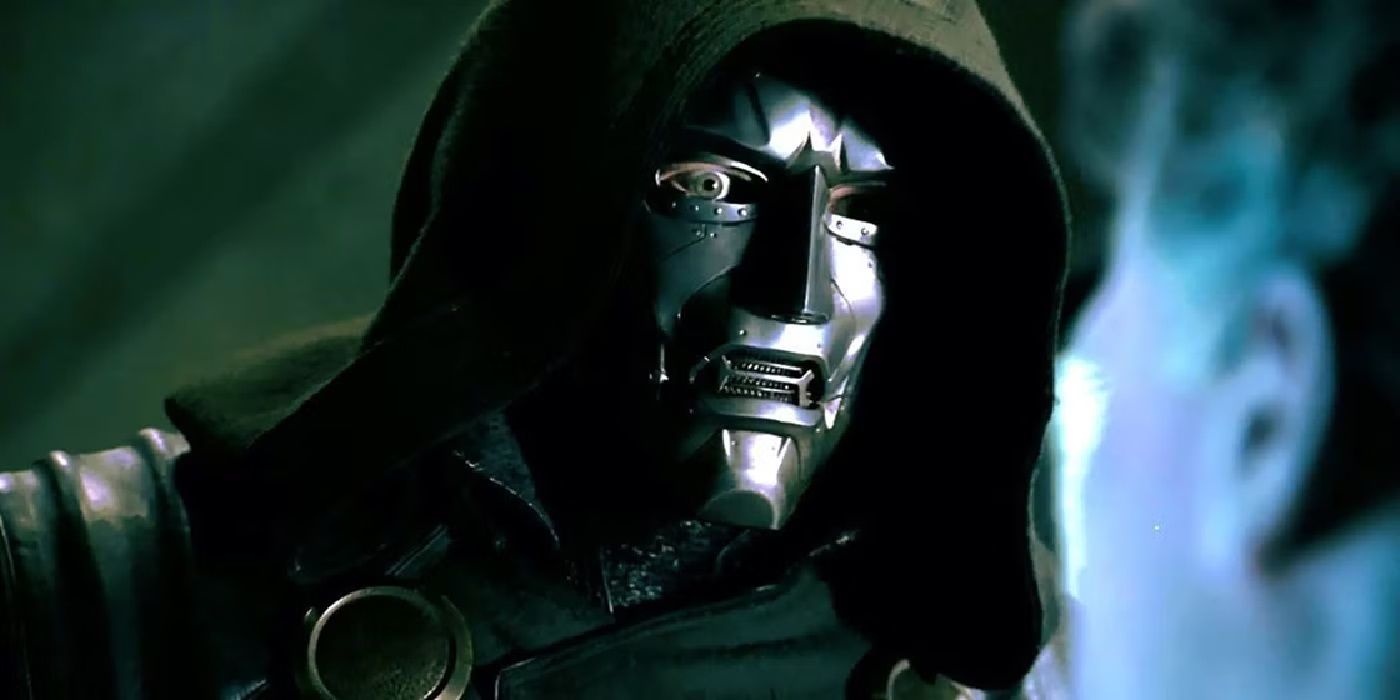The afterlife has a complicated relationship with meaning. For a long time and for many people, there was much gratifying meaning to be found in the idea of a life after death in which bad actions were damned, and good ones were rewarded. Considering that the vast majority of people throughout history had/have very hard lives and suffered greatly, the notion of renouncing the tribulations of this world in favor of the rewards of the next was very comforting. On top of that, the fear of death could be assuaged by the thought of some kind of eternal life.
In Next Exit, we see what it would be like if life after death were more than a prayerful hope, with Mali Elfman’s movie turning the idea on its head — if a next life is guaranteed, and your life is presently miserable, why wait it out? Why not move on, cross over, and just die? The film exists in a world in which the afterlife has become somewhat of a scientific fact, suicide rates have soared and there is a collective sense of meaninglessness.
MOVIEWEB VIDEO OF THE DAY
A scientist (played by Karen Gillan in an underused but humorously nefarious bit part) has organized a Kevorkian-style institute where medical professionals assist suicides in order to study and document the act of crossing over into the next life. Rose and Teddy (played by Katie Parker and Rahul Kohli, both phenomenal), each sign up as volunteers for this fatal experiment, and get to know each other (and why they want to die) throughout the long car ride to the institute.
Parker and Kohli Drive to Die in Next Exit
Magnet Releasing
Next Exit is a somewhat simple film, and yet surprisingly indescribable. Mixing buddy comedy with the great American tradition of road trip movies and dystopian science fiction with emotionally poignant family drama, all tied together by a horror-adjacent supernatural concept, Next Exit is a challenge to label and define. That’s a good thing, though it may prevent the film from finding an audience (or encourage the wrong one).
Rose is a cynical, somewhat cruel, but deeply complicated person. She might as well be wearing a shirt that reads “I’m Over It.” We first see her selling a cheap TV to someone; when he hits on her, she throws his television down the stairs and exits through the fire escape with his money. She’s caught in a cycle of self-loathing that may be familiar to some — whenever she allows a moment of vulnerability, she finds herself making decisions she later regrets, becomes ashamed and self-destructive, and then fortifies her walls so that he’s even harder to reach than before.
Related: Exclusive: Rahul Kohli on His New Film Next Exit, Mike Flanagan, and Our Godless Universe
Teddy, on the other hand, is a rather bubbly charmer who shields himself through humor and repression. He’s funny, cute, and kind of obnoxious, but his artifice seems like a tired bandage that’s slowly sliding off, at times revealing the angry, wounded boy beneath it all. His good nature does wear Rose down over time, however, and they come to take care of each other during their gray, bleak drive toward death.
The Chemistry is Perfect Between Mike Flanagan’s Old Friends
Magnet Releasing
Since Next Exit is trapped in a car throughout much of its runtime, it’s fortunate that Rose and Teddy’s simple conversations are some of the high points of the film. Part of this is because of Elfman’s dialogue, which is intelligent but in a naturalistic way. The chemistry between Parker and Kohli is a huge facet of its success as well.
While Parker and Kohli don’t exactly have ‘types,’ they’re certainly playing against their most famous roles in different Mike Flanagan series (The Haunting of Hill House, Midnight Mass, The Haunting of Bly Manor). In fact, Elfman herself has served as a producer on Flanagan projects, and the familiarity they all have with each other truly comes through in Next Exit. There is a comfort on and off the screen.
Related: Exclusive: Rahul Kohli Says He and Mike Flanagan ‘Have Big Plans For the Future’
Aside from those prolonged dialogue sequences, the multiple stops made along the way of their journey each elucidates something personally or thematically significant. They’re oftentimes very poignant, illustrating more about the hopelessness of Next Exit’s world or the brokenness of Rose and Teddy (and, let’s face it, everybody). There are several standouts, such as the drunk man in a bar who, after a fun night of drinking games, gets violent when thinking about the people he killed as a soldier overseas. If the afterlife exists, where do we stand with all the people we’ve hurt? All the people we ignored? Maybe that’s why ghost stories can be so viscerally scary.
Another standout is when Rose and Teddy hit a man with their rental car; he had walked out into the road wearing an apologetic sign, one of the many people in Next Exit who want to die but are too afraid (or religious) to pass by suicide. A pastor helps them on the side of the road, and the film indulges in a theological moment which is very intellectually satisfying. In fact, much of Next Exit is philosophically and spiritually engaging, posing complex questions and encouraging a kind of empathy that isn’t so easy.
Next Exit is More Than a Study in Suicide
No Traffic For Ghosts LLC
It may seem morbid, but films about suicide are often brilliant; there’s something inherently suspenseful and emotionally powerful about getting to know someone at the very end and discovering why (or if) they’ll take their own life. A Taste of Cherry, Leaving Las Vegas, Wristcutters, and On the Count of Three are all truly wonderful films, and Next Exit joins their ranks, but with a bit less bleakness than watching Nicolas Cage drink himself to death.
In fact, it’s an often funny movie, with the humor coming organically from the characters. True to its hodgepodge of genres, it’s also sometimes spooky. Going one further, it can also be heartbreakingly sad, with some certifiably tear-jerking moments; the end, while a bit rushed, is very affecting. All of this largely works because everyone (including a brief part from the excellent Rose McIver, who starred with Kohli in iZombie) is fully dialed into Elfman’s very specific atmosphere, which guides its way through darkness and into some kind of peace.
Though suicide is a prominent theme, and these characters are on a quite literal death march, the film is ultimately hopeful. While it refrains from any universal, spiritual, or moral answers, it does depict the possibility of putting meaning back into meaninglessness, if even temporarily. Next Exit is less about death than it is about life, and what life is worth on its own regardless of any afterlife.
Magnet Releasing will bring Next Exit in theaters and VOD on November 4th.
You can view the original article HERE.






























